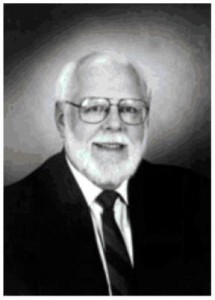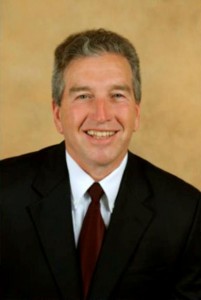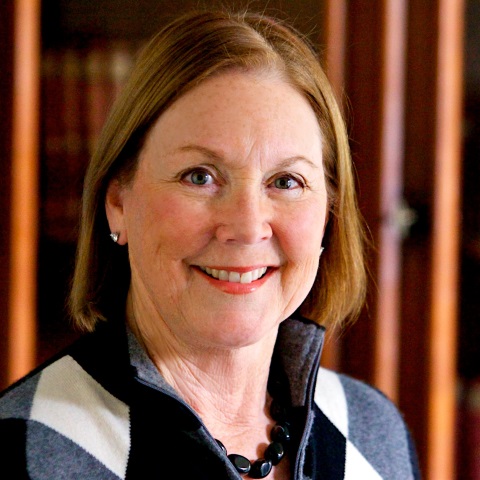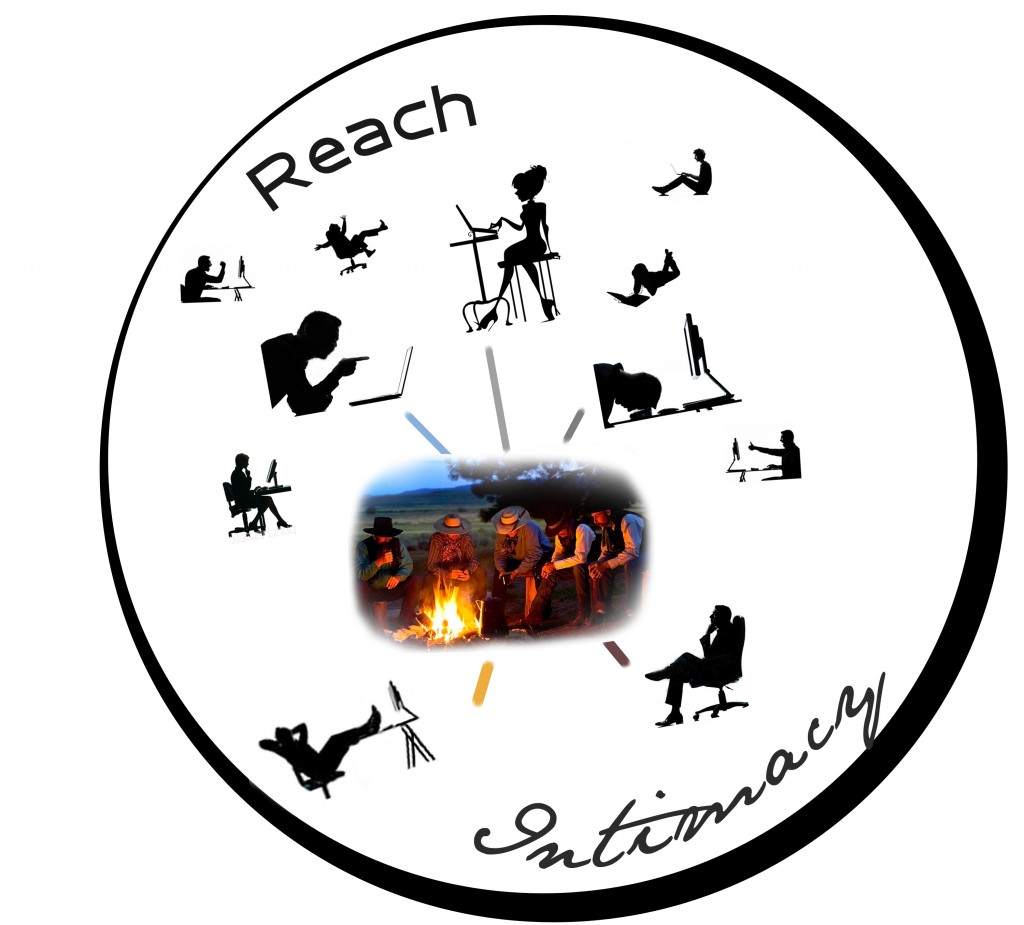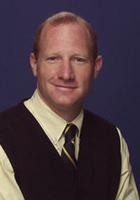The complex choreography between innovators and technology gives rise to many different types of dances. At times engineers invent what they would like to have, without inquiring into the needs of customers. As the story goes Henry Ford once said said “if I asked them what they wanted, they would have said a faster horse”. Many technology driven enterprises over the years have adopted this stance on the product development dance floor and to great effect, both good and bad.
For example, it is doubtful that Steve Jobs ever asked the world if it wanted a retinal display, an iPhone or much else. On the other hand, Video Cassette Recorders designers did not realize that almost no one would be willing to program the VCR system clock, which resulted for years, in a usually red flashing 12:00 in hundreds of millions of homes. When engineers design consumer electronics products, it is never the goal to make everyone who uses them feel stupid, yet this does happen too frequently. The same could also be said for many of our online interactions. We have to gird our loins before beginning some routine tasks that we suspect are going to take an hour instead of a minute. Some of the time things work really well. This should be the rule not the exception.
For all of us, it feels terrible when machines undermine our self esteem. In recent years we have been told that product development has become market driven. Based on the number of brain dead products we all have to deal with, one might assume there is a very large market for self esteem damaging equipment. As computer processors are now found in everything, from cars to thermostats, humans have learned to adapt to the demands of their gear. This is surprising in that digital systems inherently have a great ability to adapt to our needs. Somehow, it is now the end user doing the adapting to the technology instead of the other way around.
As a technical person myself, I find it crazy that in many situations, people have become slaves and somehow made machines masters. How many people experience incredible frustration when trying to use phones, computers and other consumer electronic devices? The time is overdue, to Flip the Master Slave Relationship between technology and people.
As SVII enters our tenth year of helping Innovation Advocates at all levels, from the largest entities in the world to solo emerging startup entrepreneurs, to “Turn Vision into Value”, it is time to resurface some of the more important themes we have been addressing from the very beginning.
This is a call to all innovators, to try harder to make sure, while we are in the process of inventing tomorrow’s systems, to prevent these products from making customers feel stupid. Yes this takes extra effort to put oneself in the place of others, and some of you may say “this is too hard, too time consuming and too costly” and “our competitors do not care because that is just the way things are”.
Let me present exhibit A for Apple. One of the reasons Apple has become the most valuable company in the world, is Apple and other successful companies try harder to make it much easier to use their products. This philosophical stance is what Apple’s imitators should be copying not only specs and designs.
Delivering this additional value can take longer, but isn’t it silly for us to have to adapt to the devices and systems we are creating?


